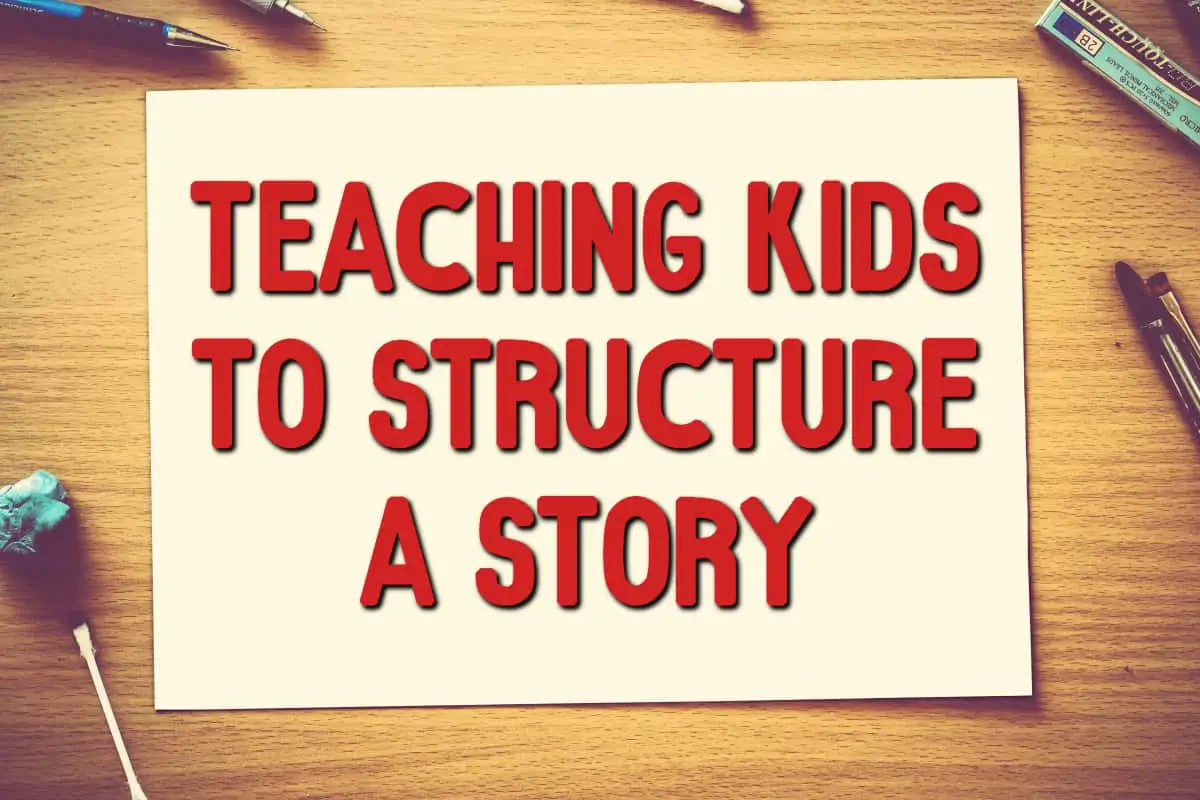Teaching kids to structure a story is not easy. A lot of students know how to begin, but can’t seem to finish. Others don’t know where to begin. There are plenty of writing templates out there which focus on detail: the five senses, character sketches, describe a setting… All of these are useful, but not at the planning stage.
What to give students at the very beginning?
This is the template I use with my nine-year-old daughter. For more experienced writers there’s a lot more to it, but I have had great success with my own kid. She loves this template. She now knows how to finish off a story.
1. Who is your main character?
- What makes your character scared/angry/upset?
- How do they treat other people badly?
2. What do they want?
- What is the one big thing your main character wants in THIS story?
- They might want two things.
- They KNOW about one of these things. (e.g. a new guitar)
- But they DON’T KNOW about the other thing. (e.g. to play guitar in front of an audience so everyone loves them and claps)
3. Opponent / Monster / Baddie / Enemy / Frenemy
- Who is against your main character?
- Who wants the exact OPPOSITE thing?
- Or maybe they’re after the SAME thing, but only one person can have it.
- Who thinks they’re helping, but really they’re not?
- Who pretends to be their friend, but really they’re not?
Talk for Writing Home-school Booklet: Villains Working at Greater Depth by Jamie Thomas
4. What’s the plan?
- How will your main character get that thing they want?
- What are they going to do?
- Where will they have to go?
- Who needs to help?
- Sometimes plans work, sometimes they don’t.
- Sometimes the first plan has to change a bit before it works.
- Sometimes a character does not get what they want. This is called a ‘tragedy’
5. Battle
Before the end of your story there will be:
- A big fight
- A big argument
- A near-death experience
6. What does your character learn?
- Your main character has learnt something.
- It might be about themselves. It might be something about life in general.
- They did not know this thing at the beginning of the story.
7. How will life be different from now on?
- Does your main character live in the same place, or in a new place? Maybe it’s the same place, but feels different now.
- Do they have the same friends and family?
- Have things changed between them and other characters?
- Have they lost something, or got something new?

